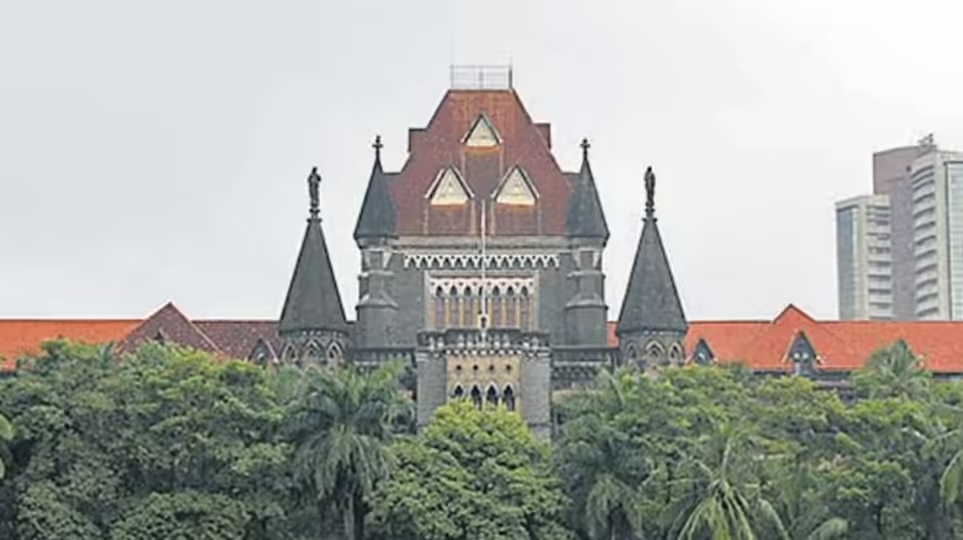Delhi High Court Advocates Prudent Account Freezing: Safeguarding Civil Liberties in Financial Investigations
Thu, 27 Feb 2025

The Delhi High Court recently issued a directive urging investigative agencies, including the Enforcement Directorate (ED) and Central Bureau of Investigation (CBI), to exercise heightened caution when freezing bank accounts during financial crime probes. The court emphasized the necessity of balancing law enforcement objectives with the protection of individual rights, stressing that blanket freezes risk overstepping legal boundaries and infringing on fundamental freedoms. This guidance arose during proceedings in a case challenging the freezing of a petitioner’s accounts under the Prevention of Money Laundering Act (PMLA), 2002, where the court scrutinized the proportionality of such actions. Under Section 5(1) of the PMLA, authorities are empowered to provisionally attach properties or accounts suspected to hold proceeds of crime. However, the bench, comprising Justice Yashwant Varma and Justice Ravinder Dudeja, clarified that this provision does not grant agencies unrestricted authority to freeze entire account balances indiscriminately. Instead, the court underscored that only funds directly linked to alleged illicit activities should be restricted, ensuring minimal disruption to account holders’ legitimate financial needs. The judges referenced a 2022 Supreme Court ruling in Vijay Madanlal Choudhary vs Union of India, which affirmed that PMLA provisions must align with constitutional safeguards against arbitrary state action. The case before the court involved a petitioner whose accounts were frozen during an ongoing money laundering investigation. While acknowledging the agencies’ mandate to combat financial crimes, the bench questioned the procedural rigor applied in differentiating between tainted and untainted funds. Court records revealed that the petitioner’s account contained both personal savings and transactions under scrutiny, prompting the judges to remark that a “broad-brush approach” undermines due process. Legal experts note that this observation reflects growing judicial scrutiny of investigative methods, particularly in cases where financial restrictions disproportionately affect individuals’ livelihoods. The ruling highlighted procedural lapses in the application of PMLA provisions, urging agencies to document clear rationales for freezing orders and ensure compliance with Section 17(1)(a), which mandates recording reasons in writing. The court further advised agencies to periodically review frozen accounts to reassess the necessity of continued restrictions, thereby preventing indefinite financial paralysis for account holders. This aligns with a 2020 Delhi HC judgment in Gagan Deep Sharma vs ED, where the court cautioned against treating account freezes as a “routine punitive measure” rather than a preventive tool. Financial crime analysts highlight that the ED attached assets worth ₹19,111 crore under PMLA in 2022–23, a 52% increase from the previous year. However, critics argue that aggressive enforcement often overlooks procedural fairness, citing instances where accounts were frozen without adequate evidence of crime links. The Delhi HC’s stance signals a push for accountability, requiring agencies to demonstrate a direct nexus between frozen funds and criminal activities. The court also referenced international frameworks, such as the Financial Action Task Force (FATF) guidelines, which advocate for proportionate anti-money laundering measures that respect economic rights. Legal scholars have welcomed the judgment as a corrective measure against the potential misuse of PMLA powers. Senior advocate Aman Lekhi noted that the ruling reinforces the principle that investigative actions must be “precise, evidence-based, and rights-conscious.” The decision is expected to influence pending cases where account freezes are contested, particularly those involving small businesses and individuals lacking access to swift legal recourse. Additionally, the court recommended that agencies collaborate with financial institutions to isolate suspicious transactions without immobilizing entire accounts, a practice already adopted in jurisdictions like the EU and UK. The judgment coincides with broader debates over PMLA’s procedural fairness, including concerns about low conviction rates (27% in 2022) despite a surge in attachments. While the government defends the act as critical to tackling corruption and terror financing, the Delhi HC’s intervention underscores the judiciary’s role in curbing overreach. The ruling does not diminish agencies’ authority but clarifies that power must be exercised with “scrupulous regard for constitutional limits,” as stated in the order. In practical terms, the directive mandates training for investigators on distinguishing between legitimate and illicit funds, leveraging forensic accounting tools, and adhering to timelines for reviewing freezes. The court also proposed a centralized database to track frozen assets, enhancing transparency. For citizens, this decision offers a legal recourse pathway to challenge disproportionate actions, potentially reducing prolonged financial hardship. By anchoring its reasoning in statutory interpretation and precedent, the Delhi HC’s ruling strikes a delicate balance between empowering agencies and shielding citizens from arbitrary state action. This approach aligns with global trends where courts increasingly demand granular justification for financial sanctions, recognizing their profound impact on economic dignity. As PMLA-related litigation rises, this judgment sets a benchmark for harmonizing enforcement efficiency with individual rights—a critical step in sustaining public trust in India’s financial crime-fighting apparatus.
